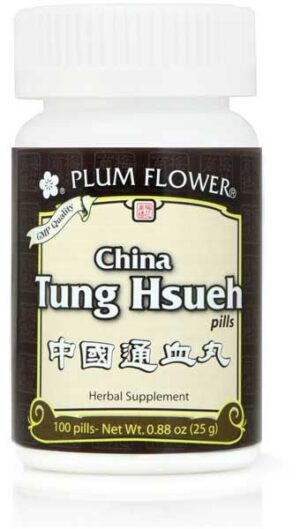Su He Xiang
English Name: styrax, storesin
Pharmaceutical Name: Styrax
Medica Category: Orifice-Opening Herbs
Properties: Su He Xiang enters the Heart and Spleen channels; it is acrid in nature and warm in temperature.
What is Su He Xiang?:
The Chinese Herb Su Hu Xiang is the dried, crystalized resin of the oriental sweetgum tree (Liquidambar orientalis Mill.) that has been ground down into powder for use as medicine.
Traditional Chinese Medicine (TCM) Therapeutic Actions of Su He Xiang:
Su He Xiang opens the orifices and disperses turbidity and (phlegm) stagnation. Aromatic in nature, it is effective for use with stroke patients who experience sudden unconsciousness from cold-type bi zheng (“cold disorder”).
Su He Xiang dispels phlegm to address chest or abdominal coldness and pain (with phlegm stagnation) and feelings of tightness/stifling sensations. It has been made into pills that primarily for angina pectoris and coronary artery disorders.
additional notes:
An Xi Xiang (Benzoinum) is similar to Su He Xiang, but derived from a different species (L. tokenensis). It is similar in strength and actions to Su He Xiang (in that it also opens orifices and treats loss of consciousness), but is not as warm. Additionally, it invigorates Blood and is used in formula to treat various forms of pain that arise from qi and blood stagnation: pain from trauma, Bi pain, and chest and abdominal pain, and postpartum coma.
–safety/clinical notes:
Contraindicated in bi zheng (“closed disorder”) caused by heat or deficiency.
This herb has antiplatelet action and should be used with caution for those taking anticoagulants (e.g. heparin, warfarin (Coumadin), and enoxaparin (Lovenox)) or antiplatelet medications (e.g. aspirin, dipyridamole (Persantine), and clopidogrel (Plavix)).
According to TCM theory (and knowledge gained from practical experience), a few things need to be said generally about the use of orifice-opening herbs in situations of loss-of-consciousness:
- Loss of consciousness is a serious medical condition requiring immediate medical attention. When using herbs in TCM to address this condition, proper differential diagnosis is essential in order to determine whether the loss of consciousness is due to deficiency (tuo zheng, or “abandoned syndrome”) or excess (bi zheng, or “closed syndrome”). It is also necessary to determine whether the condition is cold or hot. This basic differentiation is then integrated with accompanying complications in the individual pattern of imbalance of the person in distress.
- The herbs in this category consume qi and should be reserved for symptomatic treatment in acute situations (i.e. for very short-term use only). Furthermore, while they can restore consciousness and relieve symptoms when used appropriately, they do not address the underlying pattern of imbalances that caused the acute situation in the first place.
- These substances exert their effects on the central nervous system in nuanced ways:
- Bing Pian (borneol) and Zhang Nao (camphor) stimulate the CNS to increase heart rate, BP, and respiration;
- Shi Chang Pu (acorus rhizome) inhibits the CNS, which explains its use in addressing epilepsy and seizures;
- She Xiang (Moschus or deer musk) regulates the CNS depending on dosage level—low doses stimulate the CNS while high doses inhibit it.
All of this is to say that discussion of this substance’s use in restoring consciousness is intended to be educational. Their practical use is complex/nuanced; furthermore, the situations for the use of these herbs are often serious and/or life-threatening and should therefore be left to trained TCM healthcare practitioners. See Chen and Chen, pp. 815-7 for a more complete discussion on this topic.




